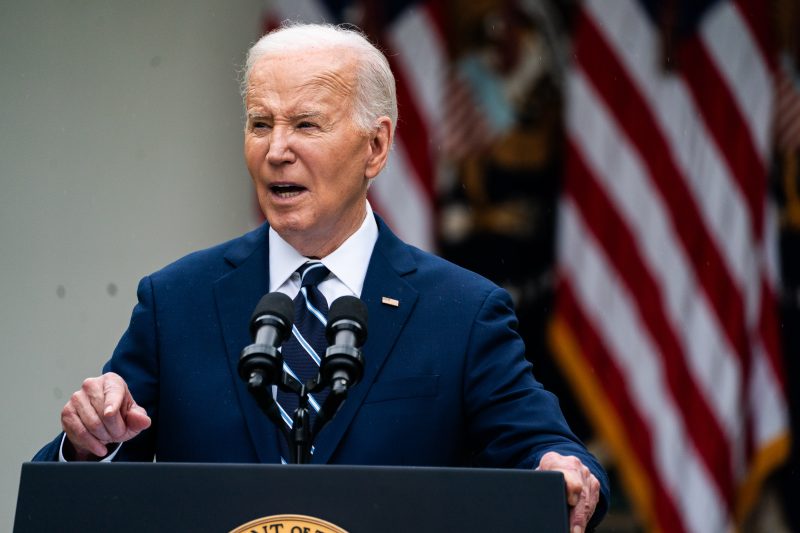In a recent address, President Joe Biden made a false claim regarding the rate of inflation when he took office. This assertion has caused significant controversy and raised concerns about the accuracy of the information provided by the administration. By examining the data, it becomes apparent that the President’s statement does not align with the reality of the situation.
The official inflation rate at the beginning of President Biden’s term was not 9 percent as claimed, but rather around 1.4 percent. This discrepancy highlights the importance of verifying information before making public statements, especially on topics as critical as the economy and inflation.
While inflation has indeed increased since President Biden took office, attributing a 9 percent inflation rate to the beginning of his term is misleading. The factors contributing to the current inflationary pressures are complex and multifaceted, including supply chain disruptions, increased consumer demand, and global economic conditions. It is essential to acknowledge the nuances of the situation and avoid oversimplifying the causes of inflation.
Furthermore, the inflation rate is a vital economic indicator that impacts individuals, businesses, and the overall economy. Providing accurate information and transparent communication about inflation is crucial for ensuring public confidence and understanding. Misrepresenting inflation rates can lead to confusion and erode trust in the government’s economic policies.
Moving forward, it is essential for policymakers and public figures to prioritize accuracy and honesty in their communications about economic matters. By relying on verified data and research, leaders can foster informed discussions and decision-making that benefit the country as a whole.
In conclusion, President Biden’s false claim that inflation was 9 percent when he took office underscores the importance of fact-checking and accuracy in public statements. Inflation is a complex economic phenomenon that requires careful analysis and nuanced understanding. By providing accurate information and clear communication, leaders can promote trust and confidence in their governance.

